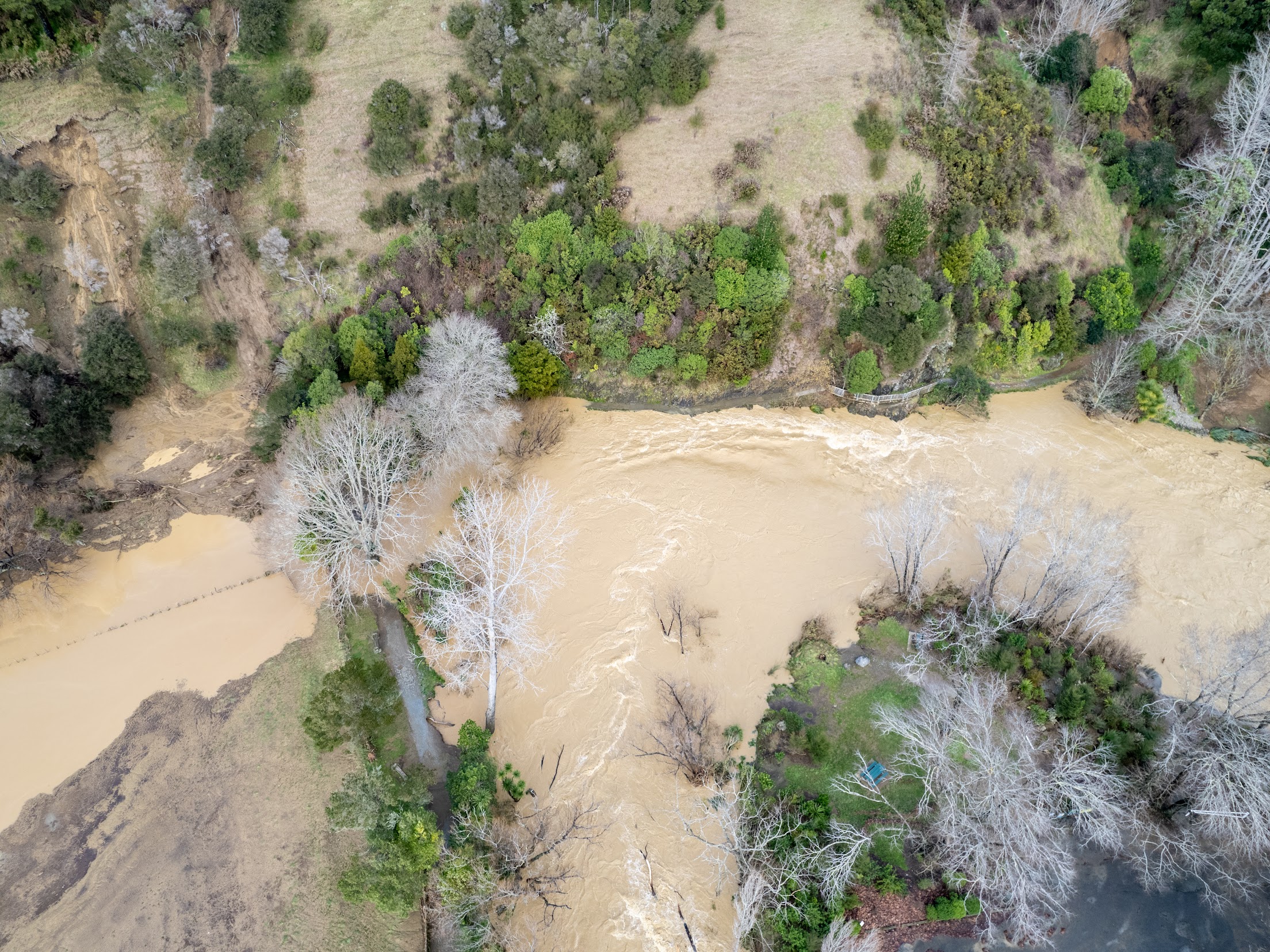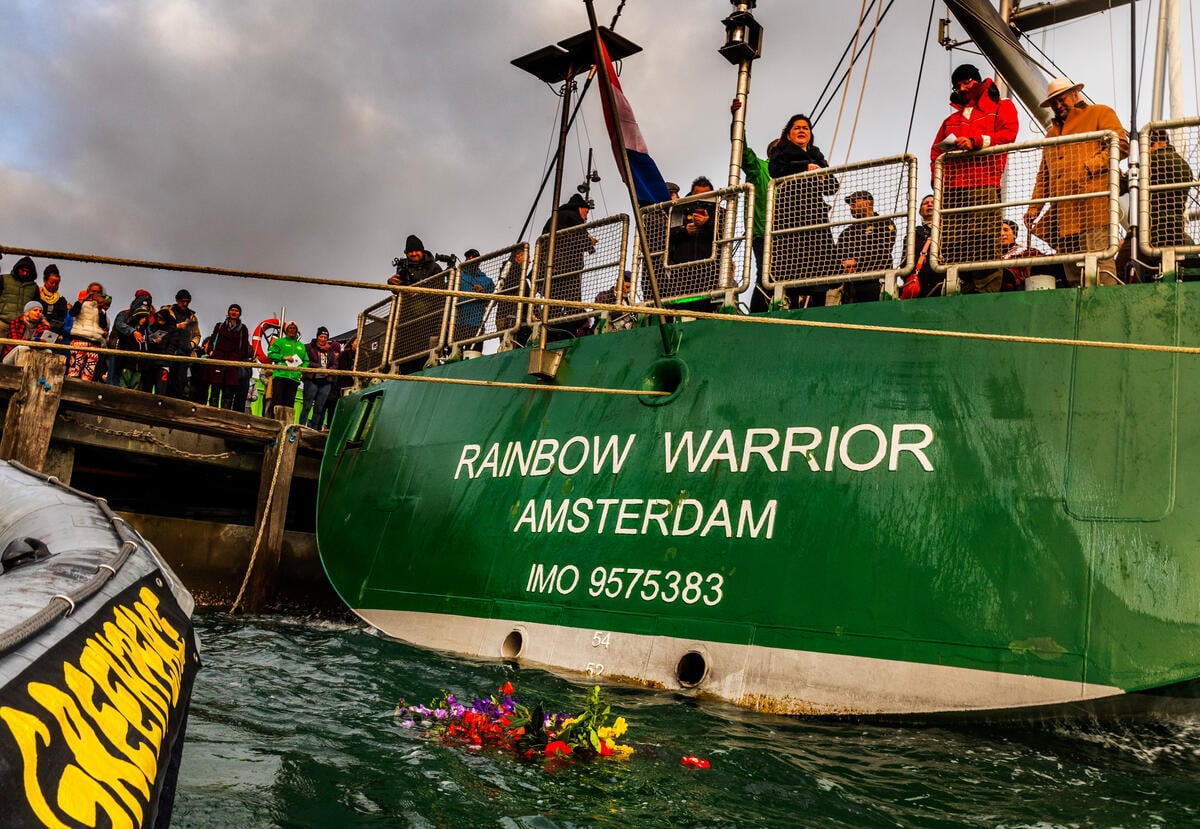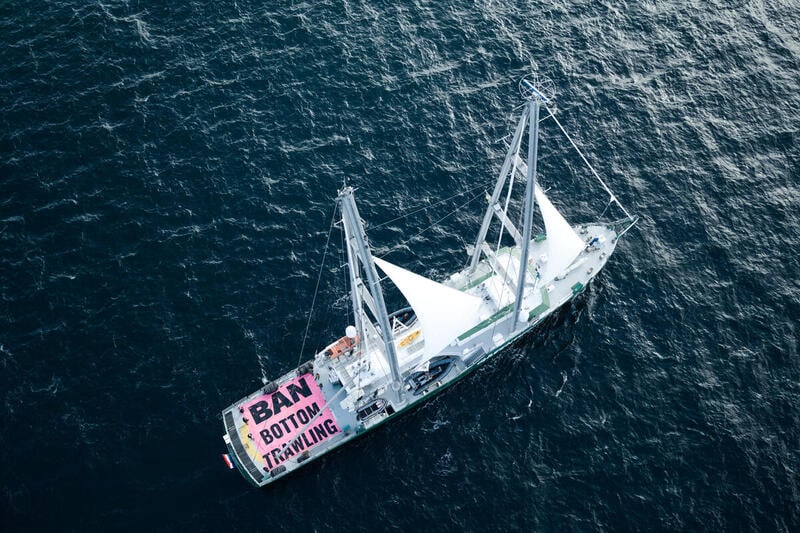Jake Roos, from the Don’t Burn Our Future campaign, describes how they helped change Government policy with people power.
Tip the scales – that’s all we had to do.
It was late June 2022. I had been following the development of the government’s liquid biofuels obligation for petrol and diesel with increasing dismay. Why hadn’t they taken any notice of the havoc unleashed by the EU’s biofuels policy?
The biofuels obligation was an emissions reduction policy that would increase emissions by destroying tropical forests and peatlands, on top of all the other harms it would cause. There were mountains of real-world evidence of this, much of it referenced by public servants in official documents – it was no secret. But no one in New Zealand appeared to be paying any attention at all.
Right when I was seething at the idiocy (or possible mendacity) of this, my activist associate Dr Paul Callister sent me a blog to publish as part of a series on climate change issues he was organising. It was by David Keat, it was about the biofuels obligation and it covered all the things I was seething about. Someone else gets it!
I was energised by this and said to Paul I wanted to kill this useless and damaging policy stone dead. Would David be keen to work on it? Could Paul help too? The answer to both questions was yes. What’s more, Paul’s frequent collaborator Associate Prof Robert McLachlan was in too. He and Paul had been campaigning on the climate impacts of flying on their blog Planetary Ecology, and had developed an interest in biofuels from that, as the airlines were touting them as a climate solution.
Crafting a plan
We discussed strategy. Because the obligation would increase fuel prices, it would have few defenders on the right of the political spectrum, especially at a time of rising inflation. So our campaign would focus on debunking the policy’s supposed strong point – the assertion that it would reduce emissions.
Combined with it driving tropical deforestation, biodiversity loss and increasing food prices, this made it an eco- and equity-disaster. Once green and global justice-types understood this, they wouldn’t stick up for it either. Then the government would have to face up to the fact this policy is making nearly everyone angry, for no gain. Maybe then they’d see sense?

Launching a campaign
And so Don’t Burn Our Future: Stop the Biofuels Obligation was born. We got to work setting up a website, getting our arguments out in public and gathering allies. Greenpeace and Oxfam backed us, but getting media attention was uphill work. Sadly, although biofuels’ climate impacts are enormous, the misleading “bio” in the title usually makes people believe it is somehow good for the environment.
But eventually we had a breakthrough, with David and I landing a spot on RNZ’s Nine-to-Noon to explain our arguments. David also got to write an op-ed for the NZ Listener. Behind the scenes we had meetings with the Green Party, the Minister in charge of the policy Megan Woods, the Climate Change Commission and MBIE.
No-one we met had a come-back to our arguments: they had no credible explanations as to why the New Zealand biofuels policy would deliver the goods and avoid the bad outcomes seen with similar policies abroad.
We dove deep into the issues. For example we looked more closely at the assertion some (such as commercial forestry research institute Scion) were making that the obligation could be met by liquifying wood. On this, our skepticism deepened the more we learnt about it. While it was technically possible, no supplies of them had happened under any EU or USA biofuels mandates. The economics and risks make it deeply unattractive to private sector investors, with or without an obligation law. Paul and Robert managed to get an article published in The Conversation covering this and other issues with biofuels.
Getting the public onboard
With the help of Greenpeace we started a petition. While we doubted the government would be swayed by this alone, it was a great way to enlist more supporters, raise awareness of our arguments and build news stories around.
When the Biofuels Obligation Bill was introduced to Parliament, it was both disheartening (because why had such a bad idea progressed so far? Was no-one listening?) and useful – it brought our efforts into sharp focus through the ‘ticking clock’ and events of the official process surrounding the bill.
Following our lead, Oxfam Aotearoa had started their own campaign against the Obligation. Although their arguments were essentially the same as ours, they focussed on global hunger with the simple and compelling slogan ‘food not fuel’.
Together we arranged a webinar to bring together experts and get deeper into the issues.
We decided to run with the food angle for the petition handover, with supporters dressing up as ‘angry food’, in the hope of getting in the paper. The handover at Parliament didn’t happen, but we got our photo in Paekākāriki that day instead.
As we were 40 signatures shy of a nice, round ‘3,000’, I decided to hit Cuba Mall the next morning in my Shrewsbury biscuit costume to rustle them up. Within an hour and with a little help from work colleagues, I had them, and that afternoon I submitted the petition and fired off the media release. The story was immediately run by the NZ Herald, and I was interviewed by Tova O’Brien on Today FM the next morning.
Face to face with our elected reps
The next big events were making Environment Select Committee submissions and presenting them at hearings. There was a lot of work distilling all our arguments and evidence down to a single punchy, compelling document. We included the comments of the people who had signed the petition, explaining why they strongly supported not burning food for fuel. We got that done with a month to spare, leaving plenty of time for other supporters to read it and make their own submissions.
“Burning biofuels is an obsolete answer to the obsolete question: ‘how do we continue to operate our current transport system more sustainably?’ We need to seek new questions and answers which address how we live our lives so we can reduce the mass consumerism and travel which currently require such a transport system and which empower communities to meet their needs more locally”.
Kathy Kerr, petition signer
Christmas and New Year came and went. There was a change of prime minister. Before we knew it, it was time to make our case for dropping the Biofuels Obligation directly to the select committee. David and I prepared and practiced our presentation, condensing nine arguments down to just three simple headlines: that the policy if passed would be ‘all pain, no gain’, was ‘built on flawed foundations’ and ‘would create a monster’.
On the day of the hearings, NGOs Oxfam Aotearoa, Climate Justice Taranaki and ECONZ spoke up against the obligation, while fossil fuel companies Mobil, BP and Gull were all for it, provided the government allowed them ‘maximum flexibility’ regarding what biofuel they used. Of all the submissions made, 40 were opposed to the bill and 18 were for it, with six neutral.
Making the difference
Then one week later I got a call: the government was dropping the bill! I whooped with joy and tuned into the media conference. PM Chris Hipkins had included it in the set of bills culled because of their contribution to increased costs on consumers and to pare back the Government’s crowded legislative agenda.
There was no mention of its environmental impacts by him, but James Shaw for the Greens made it clear in interviews and social media posts soon after that for their part, they’d lost confidence in the potential for the policy to credibly reduce emissions. As spokesperson for the campaign, I was interviewed on 95bFM, One News and by the NZ Listener magazine and could explain why we and other green groups were relieved this policy had been dropped.
So did we ‘tip the scales’?
While we’ll never know for sure if our contributions were decisive, we made it very hard for the government to justify carrying on with the policy – this must have made a difference. What’s more, we have definitely raised awareness of the fundamental problems of a policy like this with the New Zealand political leadership and media, so have reduced its chances of it making a comeback anytime soon.
The government now will be forced to be less conservative about the kind of changes we know will work to reduce emissions, like wind and solar power, active and public transport and EVs, and rely on them more heavily in their emissions reduction plan to meet their budgets.
What’s next for Don’t Burn Our Future? Well for one thing we’re going to keep an eye on biofuels in New Zealand, as they are still being promoted for use in shipping and aviation.There may be a legitimate role for some types in some cases, but we have to be on guard that those pushing biofuels as a climate solution aren’t ignoring or downplaying their true impacts.
The whole idea of our campaign was to make a difference in the fight against climate chaos by focussing on a single immediate issue: one that was clearly defined, ‘winnable’ and that no-one else was leading on. With zero funding and only volunteer time, you’ve got to fight smart, and you’ve got to have allies. We’ll keep looking out for issues where we can take this approach again.
For you reading this – take heart – our story shows that in a democracy like ours it really is possible for a few determined people armed with good evidence and a clear argument to make real change for the better. :-)



